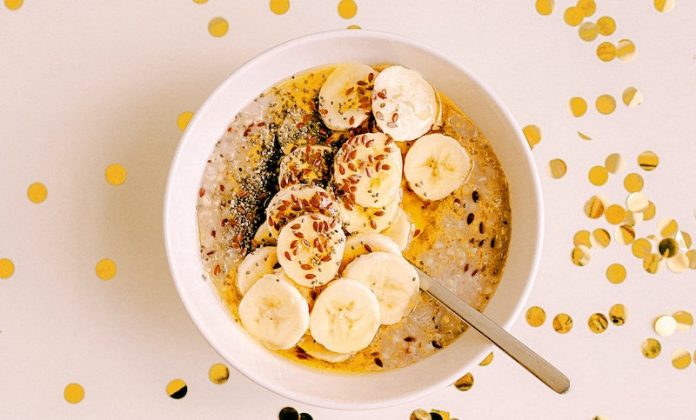
Scientists from Amsterdam University found that women who eat bananas, avocados, and salmon could reduce the negative effects of salt in their diet.
They found that potassium-rich diets were associated with lower blood pressure, particularly in women with high salt intake.
The research was published in the European Heart Journal and was conducted by Professor Liffert Vogt et al.
It is well known that high salt consumption is associated with elevated blood pressure and a raised risk of heart attacks and strokes.
Health advice has focused on limiting salt intake but this is difficult to achieve when our diets include processed foods.
Potassium helps the body excrete more sodium in the urine. In our study, dietary potassium was linked with the greatest health gains in women.
In the study, the team examined 24,963 participants (11,267 men and 13,696 women) of the EPIC-Norfolk study, which recruited 40- to 79-year-olds from general practices in Norfolk, U.K., between 1993 and 1997.
Participants completed a questionnaire on lifestyle habits, blood pressure was measured, and a urine sample was collected.
Potassium consumption (in grams per day) was associated with blood pressure in women—as intake went up, blood pressure went down.
When the association was analyzed according to sodium intake (low/medium/high), the link between potassium and blood pressure was only found in women with high sodium intake, where every 1 gram increase in daily potassium was associated with a 2.4 mmHg lower systolic blood pressure.
In men, there was no association between potassium and blood pressure.
During a median follow-up of 19.5 years, 13,596 (55%) participants were hospitalized or died due to heart disease.
The team found people with the highest intake of potassium intake had a 13% lower risk of heart disease events compared to those with the lowest intake.
When men and women were analyzed separately, the corresponding risk reductions were 7% and 11%, respectively.
The amount of salt in the diet did not influence the link between potassium and heart events in men or women.
The results suggest that potassium helps preserve heart health, but that women benefit more than men.
The relationship between potassium and cardiovascular events was the same regardless of salt intake, suggesting that potassium has other ways of protecting the heart on top of increasing sodium excretion.
If you care about heart health, please read studies about plastics linked to heart disease and high cholesterol, and who has the highest risk of heart damage in COVID-19.
For more information about heart health, please see recent studies about drug that can be a low-cost heart failure treatment, and results showing broken heart syndrome is on the rise in these people.
Copyright © 2022 Knowridge Science Report. All rights reserved.



